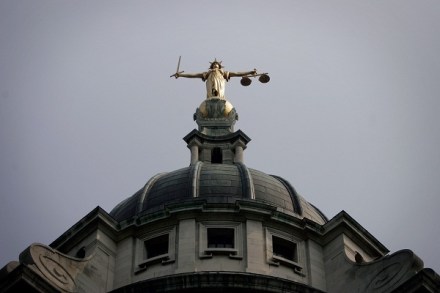Crime fiction at Easter? Look no further than our Scandinavian neighbours
If you thought that winter in Britain had gone on long enough this year, then spare a thought for the Norwegians. Winters in Norway are famously long, dark and bitter, and – for those who experience them year upon year – can be incredibly boring. During one such winter, in February 1923, two Norwegians called Nordahl Grieg and Nils Lie decided to alleviate their boredom by writing a book. The theme? A train robbery; or more specifically, a looting of the train to Bergen. The title of the book? The Bergen train was robbed in the night (or, in its original Norwegian: Bergenstoget plyndret i natt). Having written the book,



















